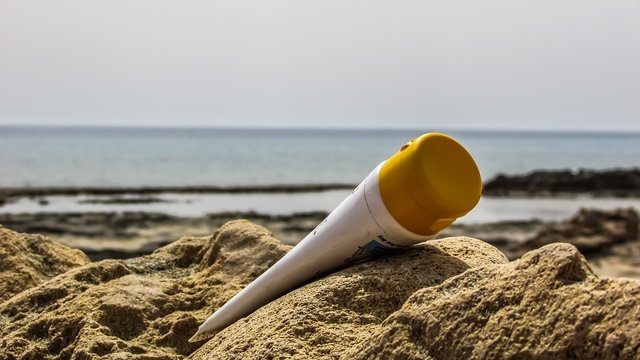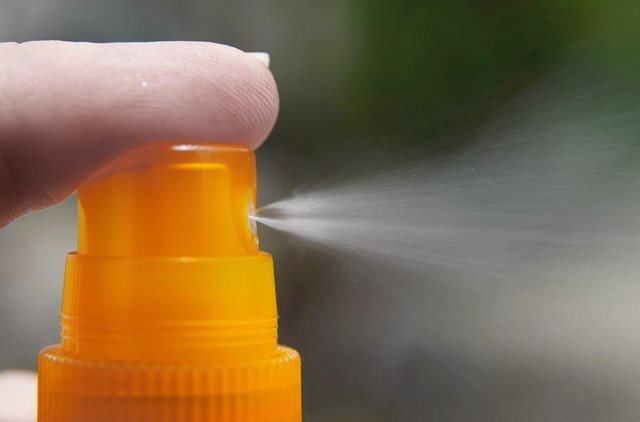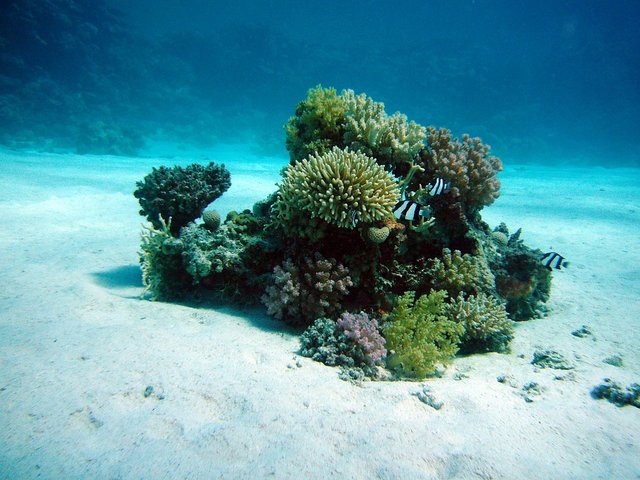
A new clinical trial that was conducted by the FDA which was seeking to investigate how sunscreen chemicals interact with the body, suggests that these chemicals eventually will make their way into your bloodstream.
They've published their results in the journal JAMA and the results go against what sunscreen manufactuerers have been telling the public for years.
Despite the fact that they might make it to the bloodstream, there aren't any studies yet to demonstrate how harmful that may or may not be to the body.
Only a few hours after the sunscreen had been applied, the chemicals started to infiltrate the bloodstream.

The researchers looked at a number of different men and women and they tested several different types of sunscreen, they saw the same thing again and again, that the chemicals eventually made it into the bloodstream.
According to the FDA, it was believed that the sunscreen chemicals wouldn't be absorbed by the body becuase the product was designed to work on the skin's surface, and they are surprised by these results.
The health consequences of frequent sunscreen application have been questioned previoulsy, when studies have indicated that some chemical UV filters might mimic hormones. Other studies suggest that sunscreen chemicals might be harming coral reefs too.

The chemicals from one drop of sunscreen are allegedly enough to cause damage to the coral reef systems.
The Danish EPA previously reviewed sunscreen ingredients a few years ago and they concluded that there wasn't enough information yet to ensure the safety of the chemicals in these products.
It's now suggested that more research is needed in order to understand the impact that these chemicals might have on the body, what the long-term consequences might be after these ingredients make their way into the bloodstream.
I have limited ability to tan; in a nutshell, I just burn. I try to avoid overexposure to the sun for that reason alone. However, there are times when I know I'm going to be out in it, and would reach for the sunscreen to help prolong my ability to remain in the sun. (it never really stops me from burning regardless of the SPF number) . However, after reading your post, I have to say I'm not so sure I want to reach for it. That's scary stuff! From a natural perspective; Aspen trees have a white powder on their bark that actually helps to block the sun. On an SPF reading, it's minimal, but it's natural. Now, just to find an older aspen. The ones I have near are youngsters and don't have the powder yet. Thank you for sharing.
Downvoting a post can decrease pending rewards and make it less visible. Common reasons:
Submit
I don't use sunscreen often, but when I do I opt for the organic variety ✌

didn't know that about aspen trees, very cool! thanks for sharing that bit of info :)
Downvoting a post can decrease pending rewards and make it less visible. Common reasons:
Submit
You bet! It's kind of cool to think you can just go get a hit from an aspen tree to help with the sun! Have a great night!
Downvoting a post can decrease pending rewards and make it less visible. Common reasons:
Submit
Hey doitvoluntarily, these early results suggest are a little scary with continual application of sunscreen lotion. I will be most interested, like many others to hear more as a lot of us apply sunscreen everyday.
Downvoting a post can decrease pending rewards and make it less visible. Common reasons:
Submit